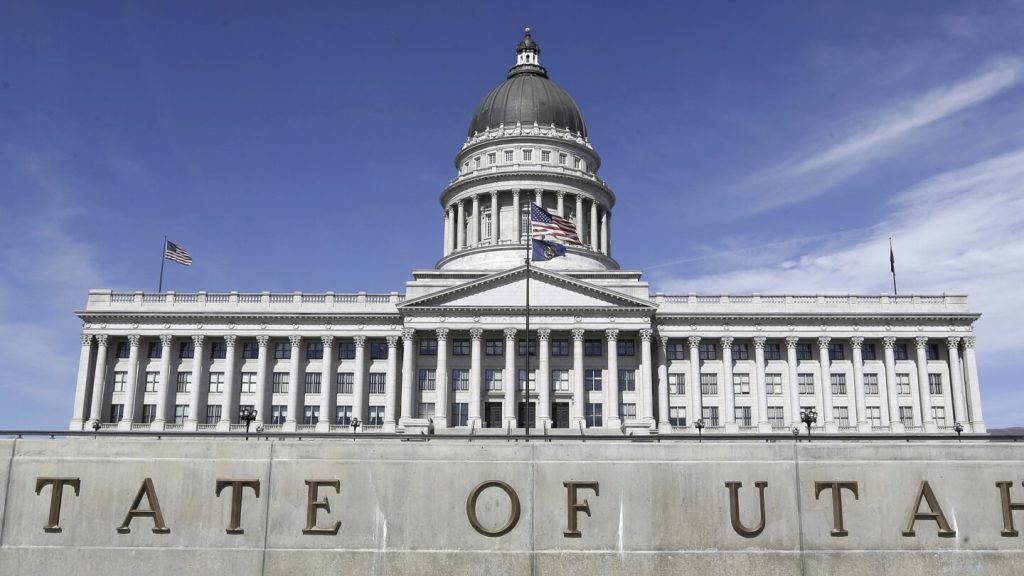Thirteen popular books have been banned from all public schools in Utah as part of a new law that allows at least three school district boards to ban books they claim contain pornographic or indecent material. This law has been described as one of the most lenient for book banning in the United States by PEN America, an organization advocating for free speech. The banned books include works by authors such as Sarah J. Maas, Judy Blume, and Margaret Atwood, with the Davis School District banning all 13 books and the Alpine School District banning seven. Despite the bans in public schools, the books remain available in public libraries.
This wave of book bans in Utah is part of a broader trend seen across the country, with conservative groups pushing for more books to be banned despite opposition from free speech advocates, educators, and parents. The new law in Utah allows just a few districts to decide which books are banned for the entire state, a move that has raised concerns about the impact on library shelves and diversity of reading material. Similar efforts to centralize book banning decisions are underway in states like Tennessee, Idaho, and South Carolina, where complaints about books can lead to statewide bans if deemed unsuitable for students.
Under the new law in Utah, public school libraries are required to dispose of the banned books and are prohibited from selling or distributing them. Only a member of the Utah Board of Education can appeal a ban within 30 days of a book being placed on the list, but so far, no appeals have been lodged. While some board members support the bans, others believe the law is overly restrictive and infringes on parents’ rights to choose what their children read. The ban on sexually explicit content in K-12 schools, as outlined in the law, has raised questions about what criteria should be used to determine which books are acceptable.
The surge in book challenges and bans across the country has led to a rise in self-censorship among librarians and educators, as well as increased pressure on libraries to remove or restrict access to certain materials. Lawmakers in more than 15 states have introduced bills that aim to impose harsh penalties on libraries or librarians who provide access to books deemed inappropriate by some groups. This trend reflects a broader effort to define terms like “obscene” and “harmful,” with many of the conflicts centering around issues of race and LGBTQ+ representation in literature. As the debate over book banning intensifies, concerns over censorship, free speech, and parental rights continue to be at the forefront of discussions in education and publishing.


